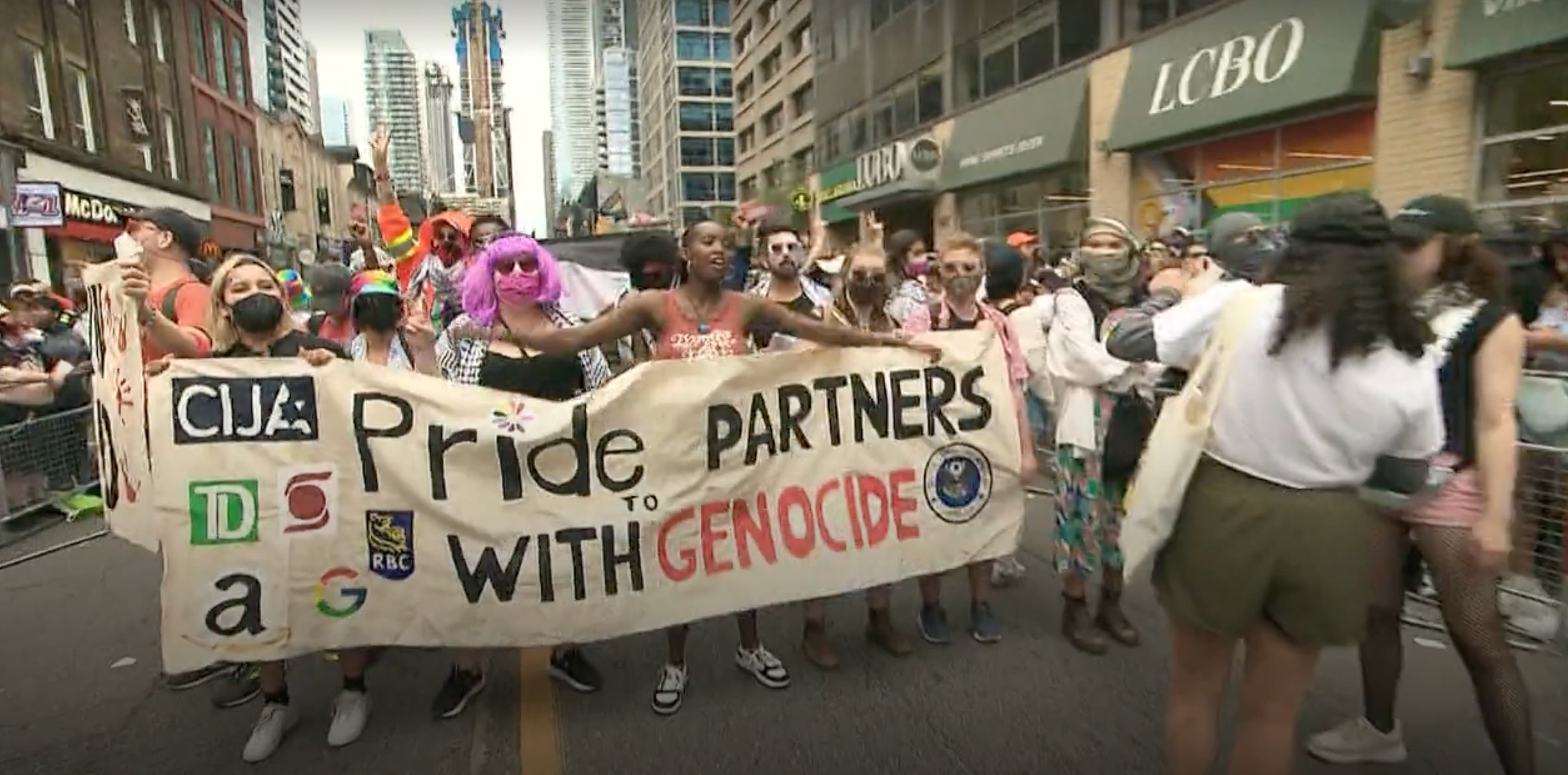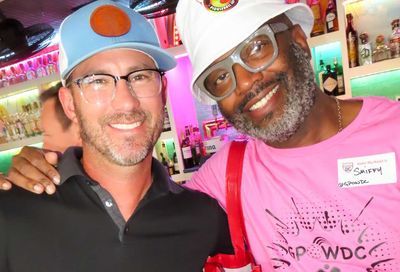Trump administration’s “Unalienable Rights” commission may roll back LGBTQ protections
"This is an attempt to pull back a U.S. human rights vision that we've had for decades"

A new Trump administration commission could try to roll back protections for LGBTQ people, women, and minorities, according to critics.
U.S. Secretary of State Mike Pompeo on Monday unveiled the State Department’s Commission on Unalienable Rights, which will purportedly examine the role of human rights in America’s foreign policy.
“What does it mean to say or claim that something is, in fact, a human right,” Pompeo said on Monday. “How do we know or how do we determine whether that claim that this or that is a human right, is it true, and therefore, ought it to be honored?”
He added: “Words like ‘rights’ can be used for good or evil.”
Pompeo claimed that the commission will undertake “one of the most profound reexaminations of the unalienable rights in the world since the 1948 Universal Declaration [of Human Rights],” a landmark United Nations document establishing those “fundamental human rights to be universally protected.”
Pompeo said that the definition of human rights had been blurred and that it was now used to justify “gross violations,” meaning the U.S. must be “vigilant that human rights discourse not be corrupted or hijacked or used for dubious or malignant purposes.”
But critics have argued that the commission itself could be used for “dubious or malignant purposes.”
Sen. Robert Menendez (D-NJ), the ranking Democrat on the Senate Foreign Relations Committee, said in a statement that Pompeo’s claims that human rights are misunderstood and manipulated are “absurd,” particularly from “an administration that has taken a wrecking ball to America’s global leadership on promoting fundamental rights across the world.”
Sen. Menendez said he would stop the Trump administration from using the commission to “sledgehammer” LGBTQ rights.
“We have a responsibility to ensure the United States continues to uphold its international obligations and leads the international community by example on promoting human rights across the board, including in advancing reproductive rights for women and for LGBTQ individuals worldwide,” he said. “Given the opaque process under which this Commission is being established, I will make sure that the Administration does not manipulate its work to serve as another sledgehammer to the principles of universal human rights.”
Rep. Eliot Engel (D-NY), chairman of the House Foreign Affairs Committee, criticized the opaque way that the State Department had created the commission, noting he had “cosponsored a measure that recently passed the House to prohibit funding for this bizarre effort.”
“The Secretary wants to make an end run around established structures, expertise, and the law to give preference to discriminatory ideologies that would narrow protections for women, including on reproductive rights; for members of the LGBTQI community; and for other minority groups,” Engel said.
Jeremy Kadden, senior international policy advocate for the Human Rights Campaign, told CNN that the “whole thing has been characterized by unusual language.”
“This is an attempt to pull back a U.S. human rights vision that we’ve had for decades and create this new vision that uses these new terms like ‘unalienable rights’ or ‘natural rights’ or ‘natural law,'” Kadden said. “These are all things that have been used by extremist people on the far right, to create a gap between what they consider unalienable rights and alienable rights.”
Criticism has also been directed at Pompeo’s choice to lead the commission: his former mentor, Harvard law professor Mary Ann Glendon.
Glendon, a former ambassador to the Vatican under President George W. Bush, has campaigned against the expansion of abortion rights, as well as supported efforts to restrict same-sex marriage and transgender rights.
In 2004, she argued that same-sex marriage was “a bid for special preferences,” rather than a civil rights issue, and said that it would suggest “alternative family forms are just as good as a husband and wife raising kids together.”
She also worried that allowing same-sex marriage would “usher in an era of intolerance and discrimination the likes of which we have rarely seen before.
“Every person and every religion that disagrees [with same-sex marriage] will be labeled as bigoted and openly discriminated against,” Glendon said. “The axe will fall most heavily on religious persons and groups that don’t go along. Religious institutions will be hit with lawsuits if they refuse to compromise their principles.”
Glendon co-authored a letter to members of the New York legislature in 2011, arguing that legalizing marriage equality would be a “grave” and “inadvisable step.”
She serves on the advisory board for the Blackstone Legal Fellowship, a project of the anti-LGBTQ organization Alliance Defending Freedom.
Glendon was also part of a group of 16 legal scholars who supported Indiana’s anti-LGBTQ Religious Freedom Restoration Act (RFRA), which legalized discrimination against LGBTQ people.
And Glendon endorsed a book by conservative writer Ryan T. Anderson about transgender issues — one heavily criticized for allegedly peddling “junk science” — calling the book “an eminently readable and insightful guide for all who find themselves perplexed by today’s debates on gender identity.”
Glendon said Anderson’s book, When Harry Became Sally, would be “a valuable resource for parents, educators and policy makers.”
Support Metro Weekly’s Journalism
These are challenging times for news organizations. And yet it’s crucial we stay active and provide vital resources and information to both our local readers and the world. So won’t you please take a moment and consider supporting Metro Weekly with a membership? For as little as $5 a month, you can help ensure Metro Weekly magazine and MetroWeekly.com remain free, viable resources as we provide the best, most diverse, culturally-resonant LGBTQ coverage in both the D.C. region and around the world. Memberships come with exclusive perks and discounts, your own personal digital delivery of each week’s magazine (and an archive), access to our Member's Lounge when it launches this fall, and exclusive members-only items like Metro Weekly Membership Mugs and Tote Bags! Check out all our membership levels here and please join us today!


























You must be logged in to post a comment.